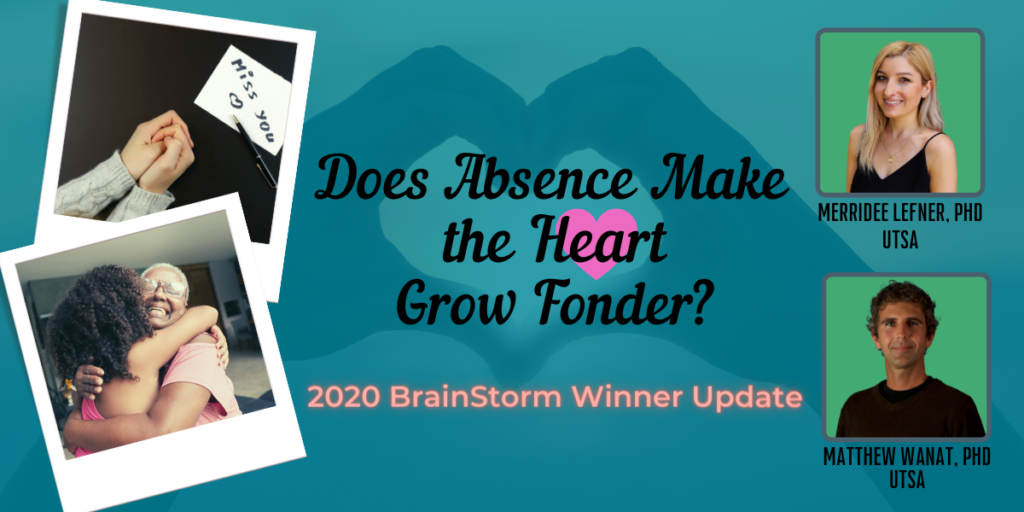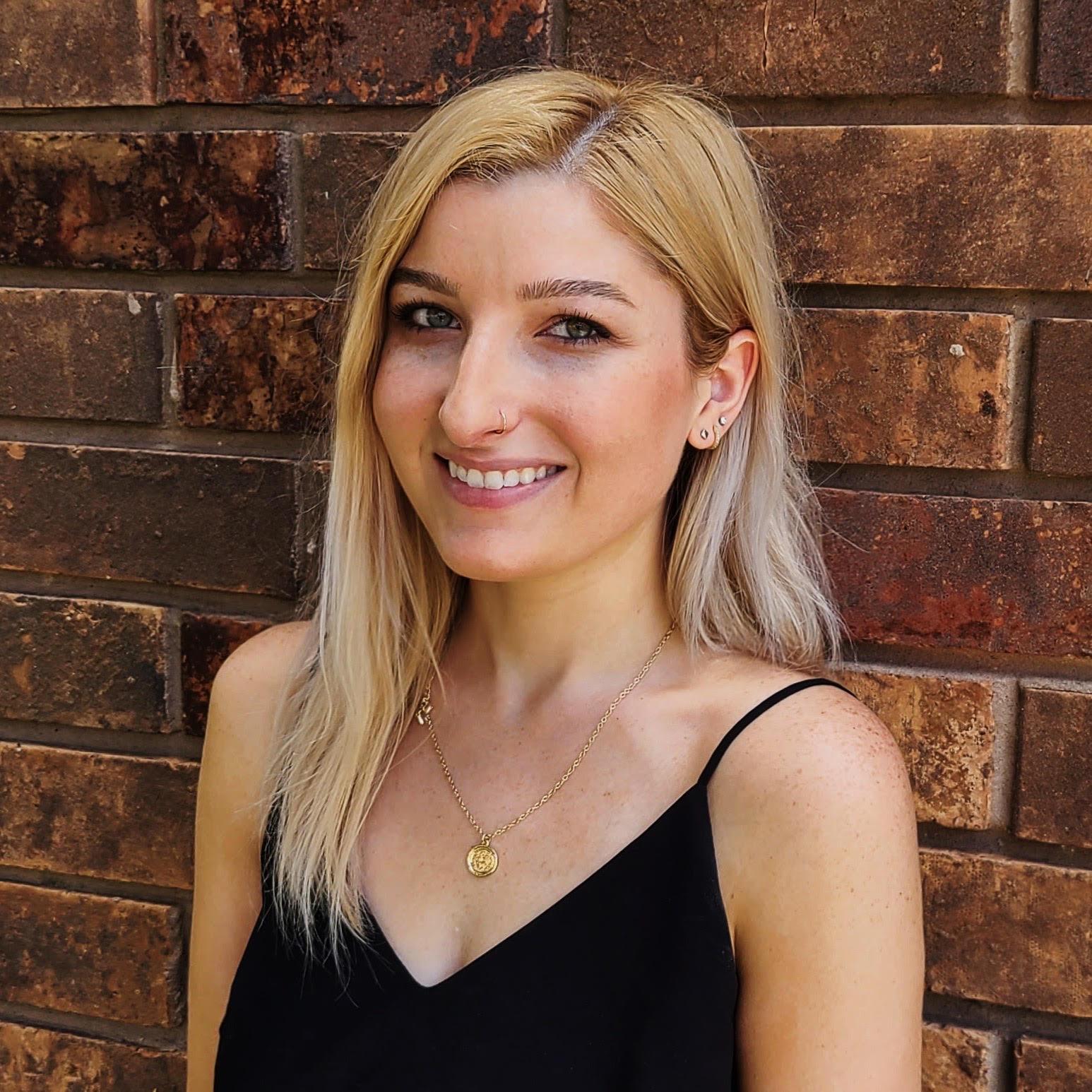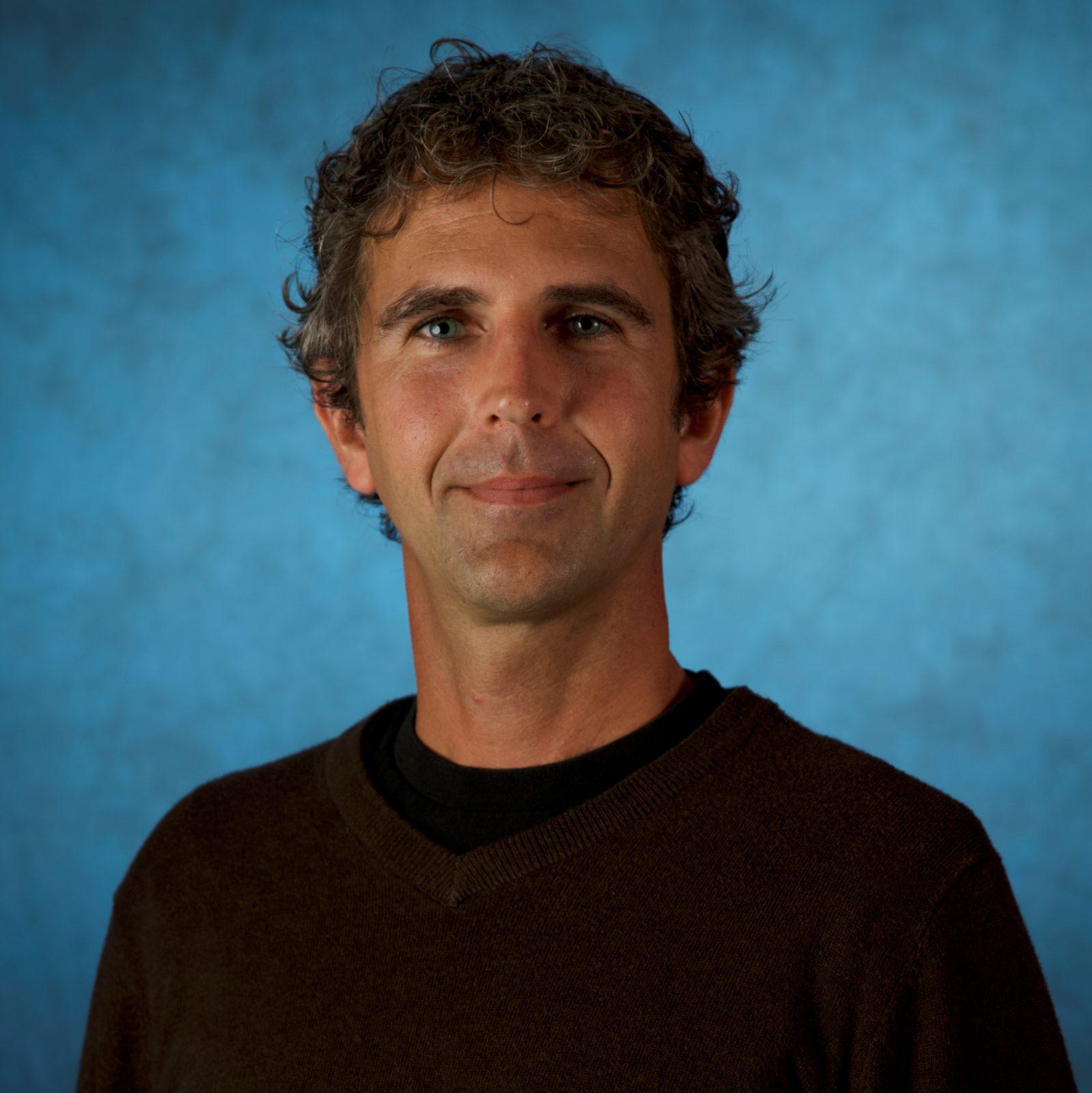
Does Absence Make the Heart Grow Fonder?
Tuesday, 25 January, 2022 6:00 pmZoom (online, register below)
Why exactly does “absence make the heart grow fonder?” BrainStorm Neuroscience Pitch Competition™ 2020 winner Merridee Lefner, and Matthew Wanat (Wanat Lab, The University of Texas at San Antonio) are analyzing the neurobiology of motivated behavior. If we wait longer for something we desire, do we want it more and if so, why? Join us for an update on Dr. Lefner’s BrainStorm project and learn about her journey as an early-career researcher.

Merridee Lefner
Merridee Lefner is a postdoctoral neuroscientist in the lab of Dr. Matthew Wanat at the University of Texas at San Antonio. Merridee grew up in Harlingen, a city within the Texas Rio Grande Valley. She wanted to be a scientist ever since she was young, but her interest in how the brain works grew after her grandmother was diagnosed with Alzheimer’s disease.
Merridee moved to San Antonio in 2012 and attended college at UTSA, where she obtained her Bachelor’s degree in Biology with a concentration in Neurobiology. She started working in the Wanat lab as an undergraduate volunteer, and enjoyed the research projects so much that she decided to pursue graduate school at UTSA as well. Merridee’s dissertation research collectively investigated the neural correlates of acquiring and updating reward value. She received her Ph.D. in Neuroscience from UTSA in December 2021.
Merridee is continuing her research projects as a postdoctoral fellow in the Wanat lab through the Spring 2022 semester. She is currently searching for outside postdoctoral opportunities to expand her skills and research questions. Her goal is to one day lead her own research lab so that she may continue to delineate the neural signals that underlie motivated behaviors.

Matthew Wanat
Matt Wanat is an Associate Professor in the Department of Neuroscience, Developmental and Regenerative Biology at the University of Texas at San Antonio. While Matt had always planned on becoming a physician, he caught the research bug while working in a Chemistry lab during his Freshman year at the University of Wisconsin. However, it wasn’t until his Senior year when he took a neuroscience course when he realized that he wanted to study the brain. After college Matt decided to head out west where he performed his doctoral research in the lab of Dr. Antonello Bonci at the University of California – San Francisco. Matt’s time in the Bonci lab sparked his long-lasting interest in the neurotransmitter dopamine. His dissertation research examined how drugs of abuse and stress-released peptides affected the activity and synaptic properties of dopamine neurons in brain slices.
Matt had two goals after completing his dissertation: to study rapid dopamine signaling in behaving animals and to remain on the west coast. So he next ventured to the Pacific Northwest to perform his postdoctoral research in the lab of Dr. Paul Phillips at the University of Washington. During this time Matt studied how stress-released peptides altered dopamine release and the motivation to work for rewards.
Matt started his lab at the University of Texas at San Antonio in 2014. His research program focuses on the neural circuits that control reward-seeking actions (positive reinforcement) and the avoidance of aversive outcomes (negative reinforcement). Matt is interested in studying the neural signals that regulate motivation, learning, and decision-making processes. The goal of his research program is to identify and reverse the neural adaptations underlying aberrant behaviors associated with substance use and psychiatric disorders.
